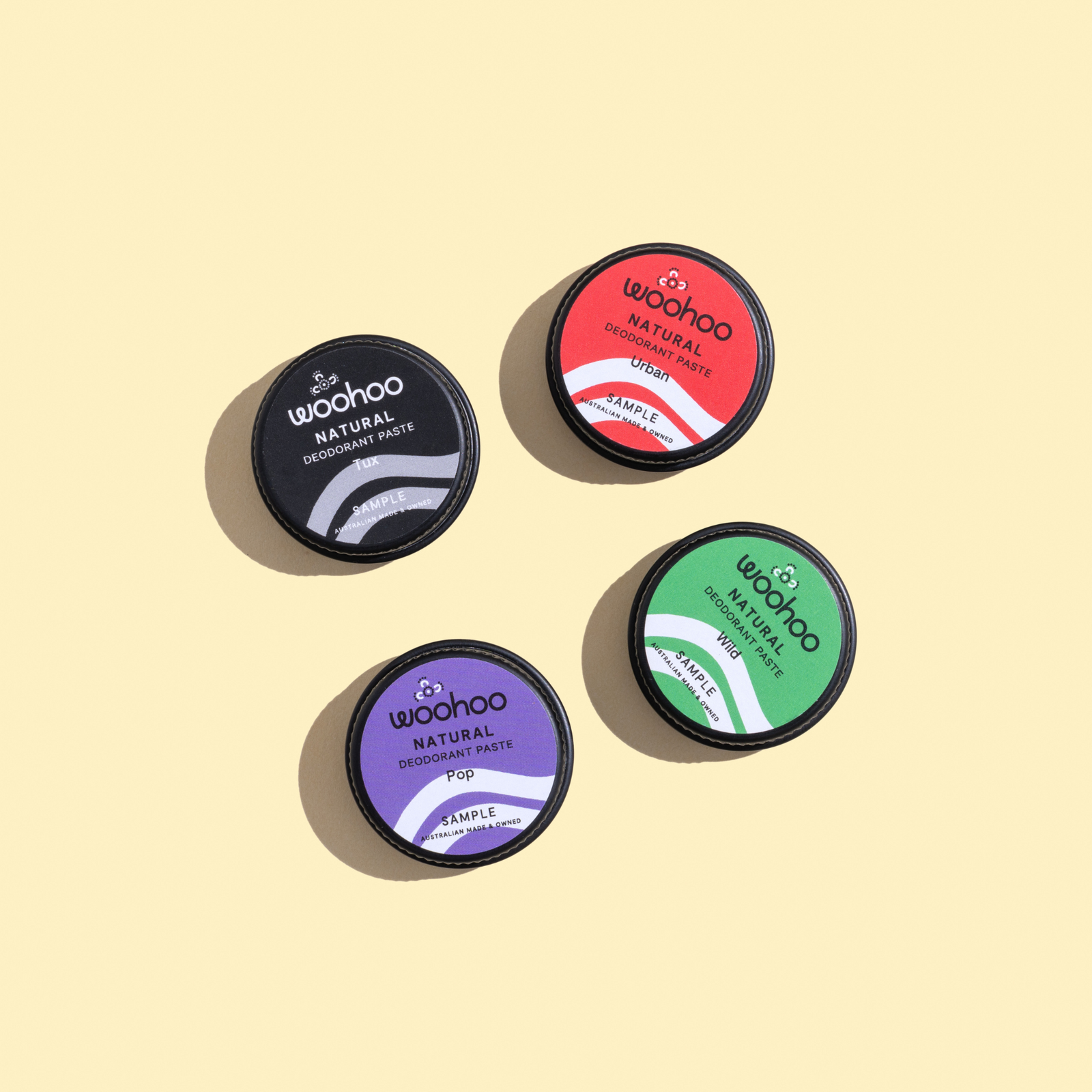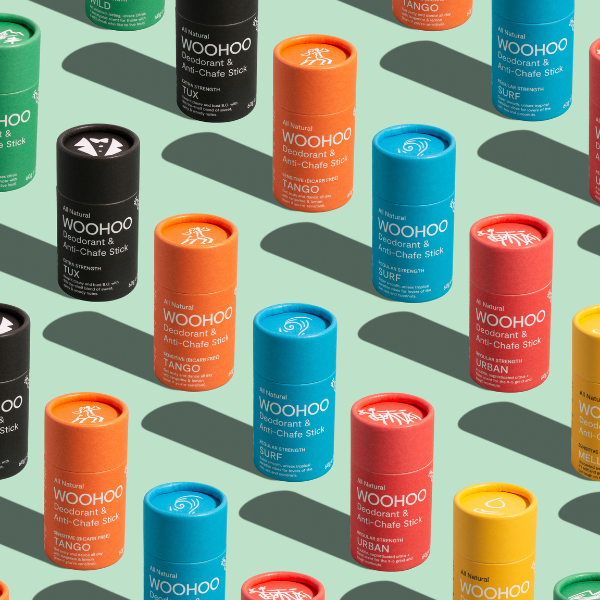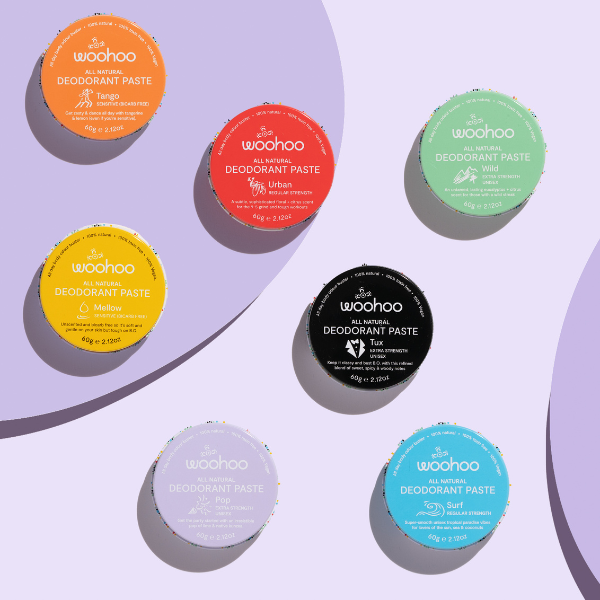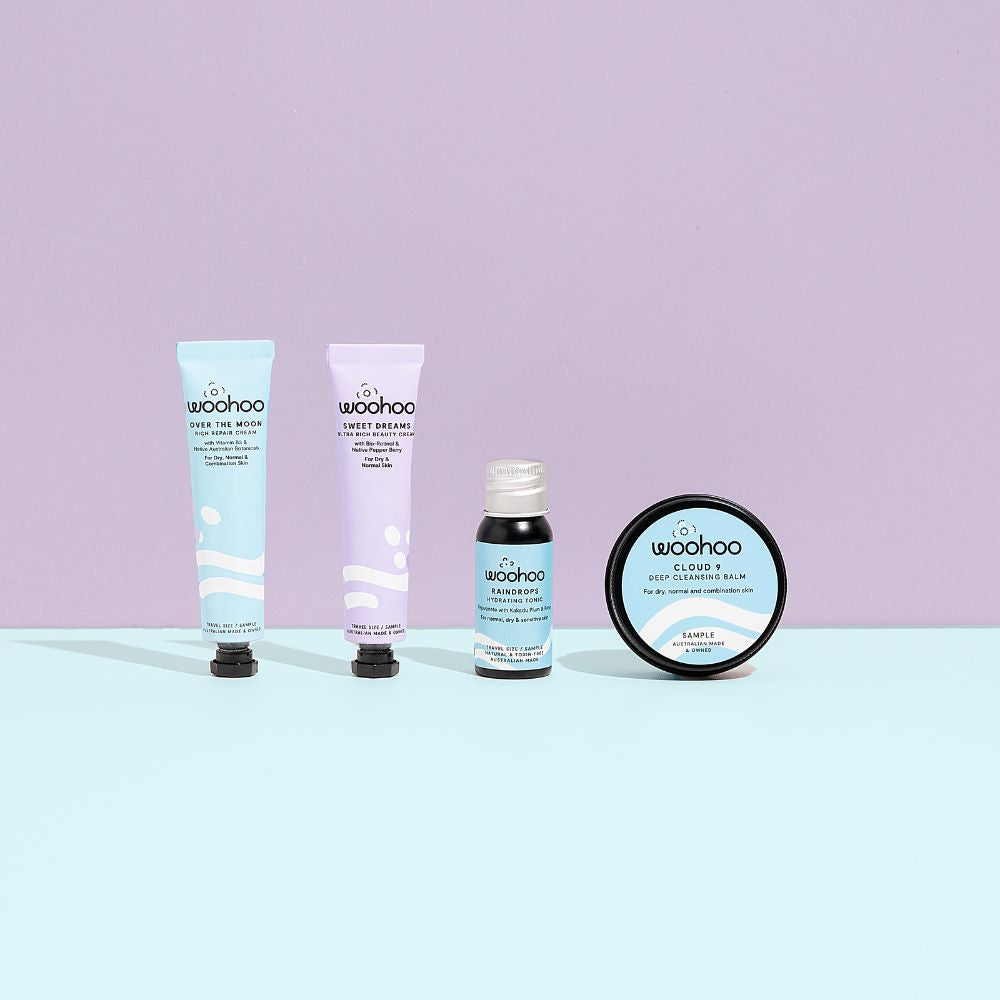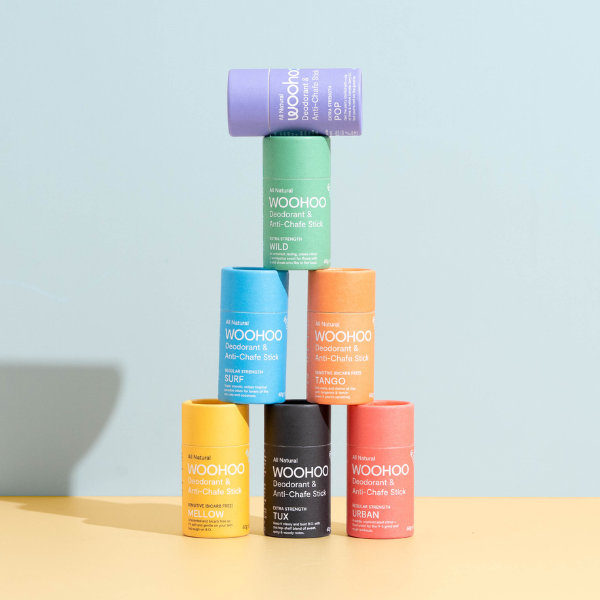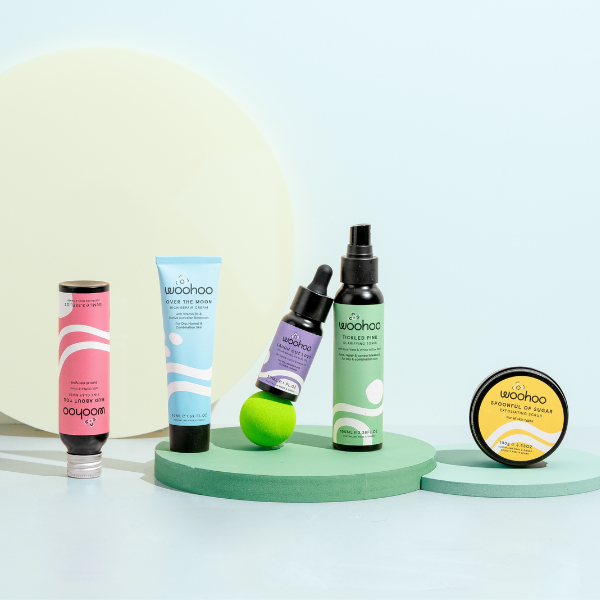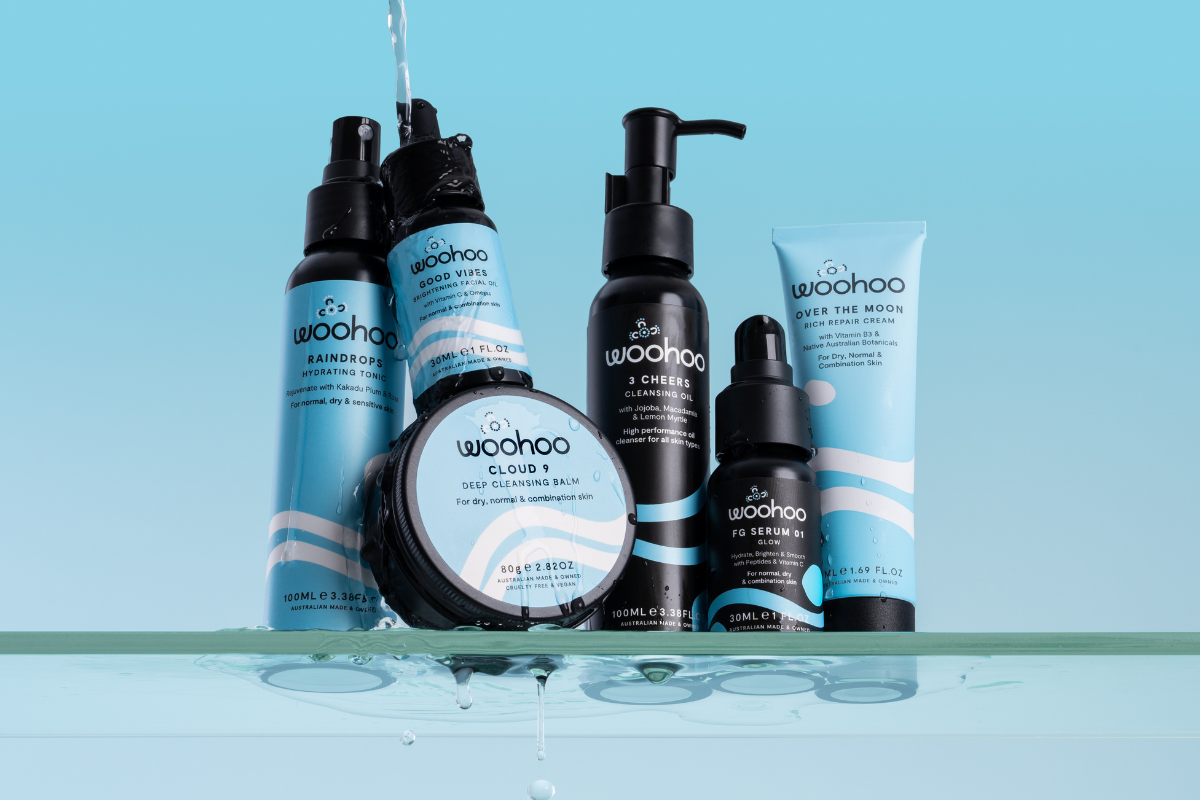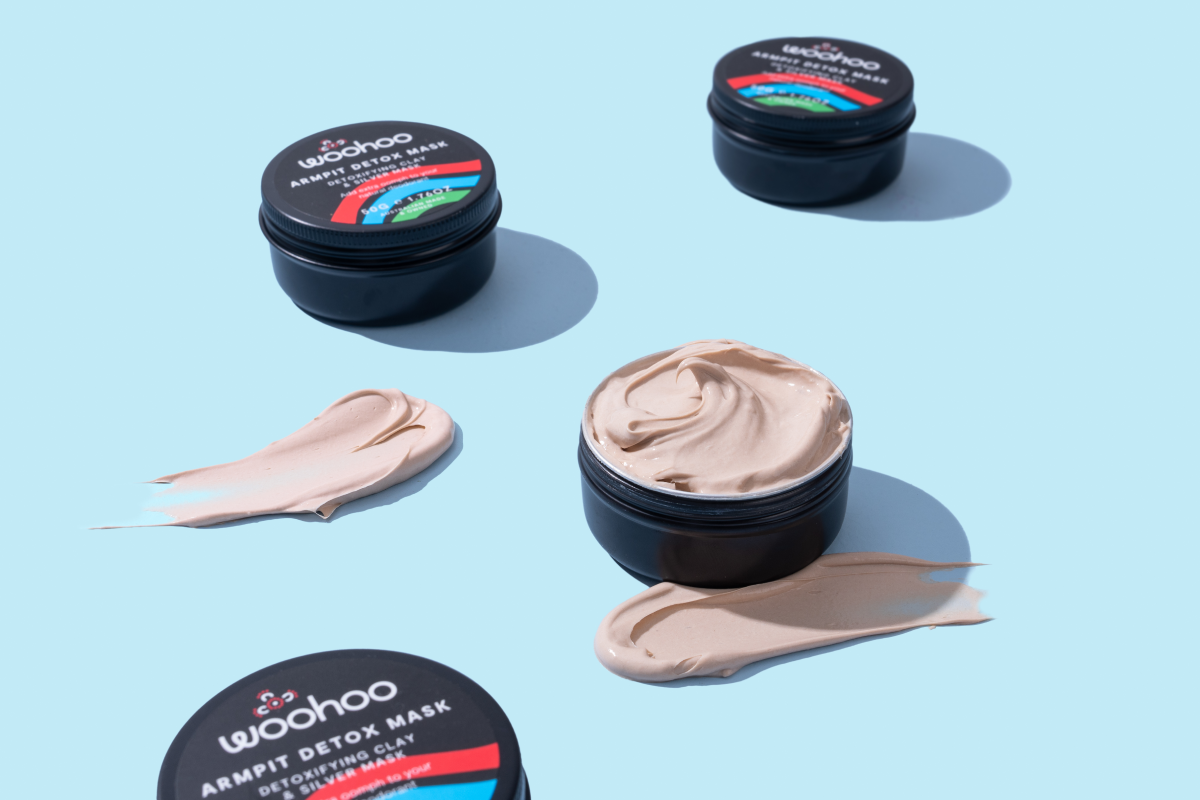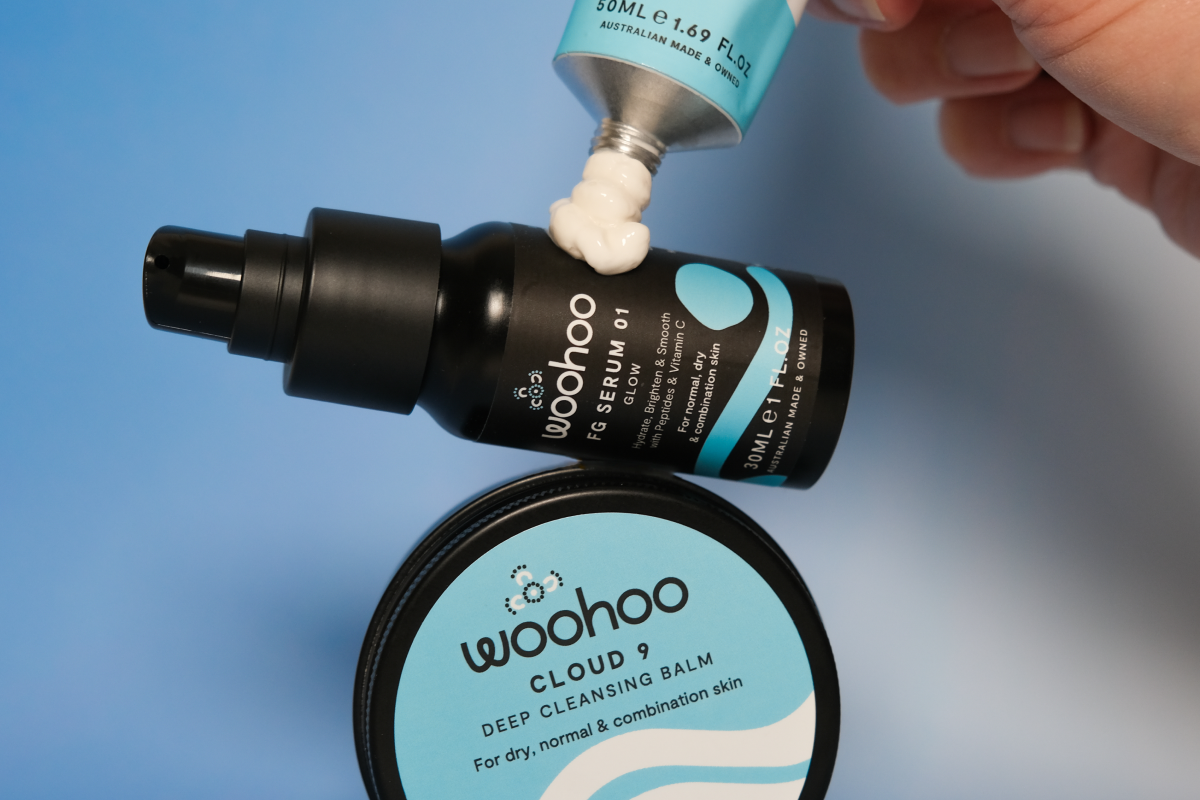
Hands up if the daylight savings change totally rocked your boat? It’s Phoebe here and I’ve got my hand right up in the air!
I’m one of those people who teeters on the edge of not enough sleep, just a small disruption can cause things to start to unravel. And as strange as it sounds, I even get thrown out when daylight savings gives us an EXTRA hour of sleep. Weird, right?
Throwing your sleep routine out by as little as 1 hour can upset the apple cart, impacting not just your sense of energy and vitality, but can also impact your skin. That’s because sleep is oh-so-important when it comes to your skin, so today we thought we’d explore the science of sleep and your skin.
If you’re not getting enough sleep, all it takes is one late night out with your mates to cause some unwanted tell-tale signs like dark circles, dullness, accentuated lines, and - my favourite - pimples. I’m sure some parents of non-sleeping kids out there out there can relate to this too!! (I’ve been there!).
Something to keep in mind is that sleep deprivation can become a bigger issue than just physical symptoms, having impacts on your mood and even the people around you. So getting enough sleep is something you really should be prioritising. This can be a tricky thing to do in our crazy busy 100kph lifestyles, but it’s worth the effort. Promise.
What actually happens to your skin when you sleep?
During the day, your skin is in defensive mode. It’s exposed to sunlight (UV rays), pollution, and other free radicals. So your skin is working overtime to protect itself. But at night-time when you rest, it changes modes.
When you sleep your mind and body goes into a wonderful restorative mode and works to heal and regenerate, repairing the damage that was done during the day-time. In fact, your skin can repair itself up to 3 times faster during the night time.
Sleep is like magic. Extra special magic that you can do without even thinking about it. Actually, some parts of your brain work even harder when you’re asleep than when you’re awake, doing some incredible things.
Your skin absorbs more
Around 9pm as you’re getting ready for bed, your skin does too. From approximately 9pm till 11pm your skin’s absorption is optimal, so it’s the best time to apply your night time skin goodness like serums.
This is why in the evening we recommend devoting some time to your skincare routine, making sure you’re cleansing and moisturising as a minimum. If you like to step your routine up a bit, add in your tonics, serums and gentle specialist cell renewal moisturisers like the Sweet Dreams Ultra Rich Beauty Cream and the Butterfly Kisses Probiotic Gel Cream(these both contain one of our favourite ingredients, Vitamin-A-like moth bean extract, a natural retinol alternative).
Your skin loses moisture
Not only is your skin more able to absorb things, it also loses moisture more easily while you’re sleeping. This is called “trans-epidermal water loss” and can leave your skin feeling dehydrated and sensitised.
The trick to minimising this is to use a product with hyaluronic acid (check out our Fairy Godmother serums, Butterfly Kisses Probiotic Gel Cream, and the Serentiy Hyaluronic Gel) to give you a massive moisture boost. Then follow that with a facial oil to lock in moisture and ensure your skin’s delicate protective barrier is intact.
You become a melatonin factory
Melatonin is one of your body’s very clever hormones and is not only responsible for making you feel sleepy, but it’s also a powerful anti-oxidant that has huge benefits for your skin, restoring and improving your skin tone. Anti-oxidants fight against the free radical damage that occurs during the day as a result of your exposure to sun and pollution (this means slowing down the development of fine lines and wrinkles).
If you don’t think you’re getting enough melatonin, melatonin supplements are available over the counter, but please discuss these with your medical professional first as there are some side effects.
Less stress
As your body goes into its restorative sleep mode, your stress hormone Cortisol is at its lowest levels. During the day while your body is producing Cortisol, your body experiences inflammation which can be damaging to your skin cells. This can mean you’re much more likely to experience sensitivity, dry skin and breakouts. Cortisol is also believed to cause your skin cells to become thinner, making the blood vessels under your eyes more visible and giving you dark circles.
When you rest, your Cortisol levels dip, your skin barrier thickens (reducing those dark circles), and in the absence of all that stress-induced inflammation your body’s natural regeneration process is free to go forth and do all those wondrous things we want it to do.
Your skin cells regenerate
Whilst your skin cells are actually regenerating 24/7, they do it much faster when you’re sleeping. Mitosis is a fascinating process: a single skin cell divides into two identical, brand new, healthy cells, and then your body discards old, dead skin cells that it doesn’t need anymore. How cool is that?
Tip: To help this process along, add an exfoliator to your skincare routine. It will help remove those dead skin cells that you don’t need anymore, revealing the glowy and healthy new cells underneath.
More collagen? Yes please.
Oh, how we love Collagen. It’s one of your skin’s building blocks, giving it structure and strength. In fact, it’s not just a building block of your skin, it’s also a vital protein for your muscles and bones. During your sleep, your body replenishes its collagen stores, helping make your skin smooth and firm.
On a little side note, as we age our bodies do produce less collagen than they did when we were in our 20’s, so it is possible to include collagen in your diet if you feel you need a little more (although for our vegan friends you could opt to take amino acid supplements instead, which is one of the ingredients your body uses to create collagen).
Human Growth Hormone is released
Human Growth Hormone (HGH) is another fabulous hormone that you produce more of while you sleep. It’s responsible for rebuilding your muscles, making them stronger. It also regenerates and repairs skin cells, helping to make your skin firmer.
How much sleep should you be getting?
Maybe now that you know about just some of the absolutely incredible things your body does while it sleeps, you can probably see why it needs all that time. There are a lot of jobs to do!
Experts say we should be getting 7 to 9 hours of sleep every day. We’re all different, so look to how you feel throughout the day for signs that you’re well rested.
Do you wake up feeling full of energy and like you’re ready for the day ahead? Do you maintain a good energy all day and fall asleep easily at your bedtime, sleeping through the night with minimal interruptions? These are great signs that you’re getting enough sleep.
Now, this has been a pretty hefty blog post, but it doesn’t end here. Are you ready for your homework? It’s the good kind, because hopefully you’re going to really enjoy doing it….
Your homework is to prioritise a beautiful, restful slumber. It can be tricky for us busy-minded folk. It might mean cutting down on your Netflix time. But it really is worth it, and you just might start noticing an extra spring in your step and glow in your skin!

